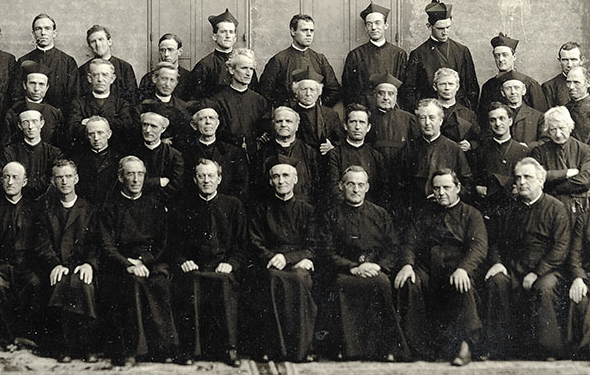The Society of Jesus, commonly known as the Jesuit Order, is a renowned religious order of the Catholic Church. Founded in 1540 by Ignatius of Loyola, a Spanish nobleman and former soldier, the Jesuits have played a significant role in the Church’s history and global affairs for nearly five centuries.
Origins and Early Years
Ignatius of Loyola established the order with six companions, including Francis Xavier, who would become one of the most famous missionaries in Christian history. The Jesuits were officially recognized by Pope Paul III, who saw their potential as a powerful force for the Catholic Counter-Reformation against the rising tide of Protestantism.
Mission and Principles
The Jesuits are guided by the principle of “Ad Maiorem Dei Gloriam” (For the Greater Glory of God). They emphasize education, intellectual pursuits, and missionary work. Unlike many other Catholic orders, Jesuits take a fourth vow of special obedience to the Pope regarding missions, in addition to the traditional vows of poverty, chastity, and obedience.
Educational Focus
The Jesuits have become renowned for their commitment to education. They have established numerous schools, colleges, and universities worldwide, including prestigious institutions like Georgetown University in the United States and the Pontifical Gregorian University in Rome. Their educational philosophy emphasizes critical thinking, social justice, and the development of the whole person.
Missionary Work and Global Reach
Jesuit missionaries have traveled to the far corners of the world, often serving as bridges between cultures. They have been particularly active in Asia, the Americas, and Africa, sometimes acting as advisors to local rulers and contributing to cultural and scientific exchanges.
Controversies and Suppression
The order’s influence and sometimes unorthodox methods have led to controversies throughout history. In 1773, Pope Clement XIV suppressed the Jesuit order under pressure from European monarchs who saw the Jesuits as a threat to their power. The order was restored in 1814 by Pope Pius VII.
Modern Times
Today, the Jesuits remain one of the largest and most influential Catholic orders, with over 16,000 members worldwide. They continue to be at the forefront of education, social justice, and interfaith dialogue. In 2013, Jorge Mario Bergoglio became the first Jesuit to be elected Pope, taking the name Francis and bringing renewed attention to the order’s mission and values.
The Jesuit Order’s rich history, intellectual tradition, and global impact continue to shape both the Catholic Church and the wider world, making it a fascinating subject of study and discussion.
newshub



Recent Comments